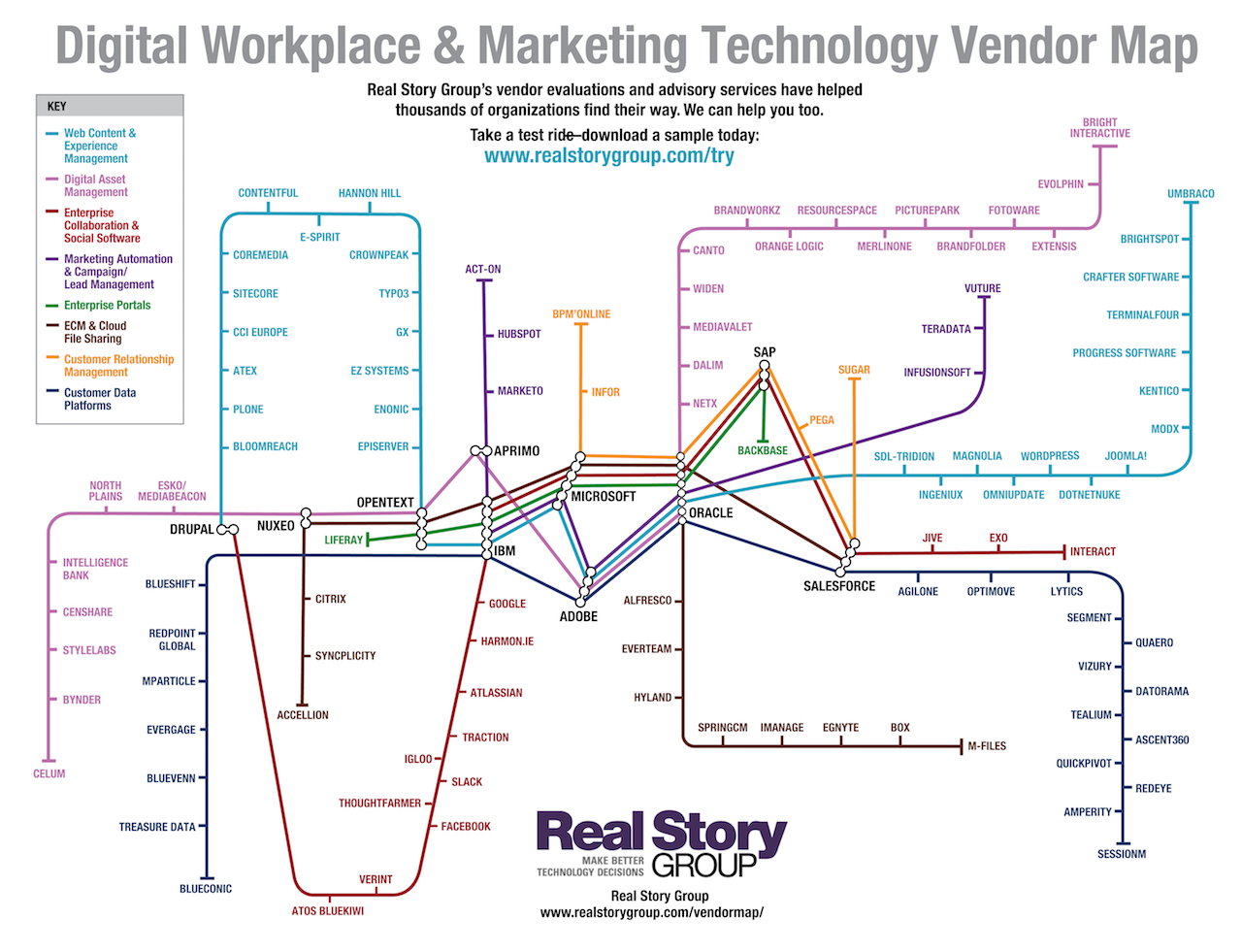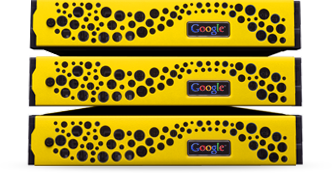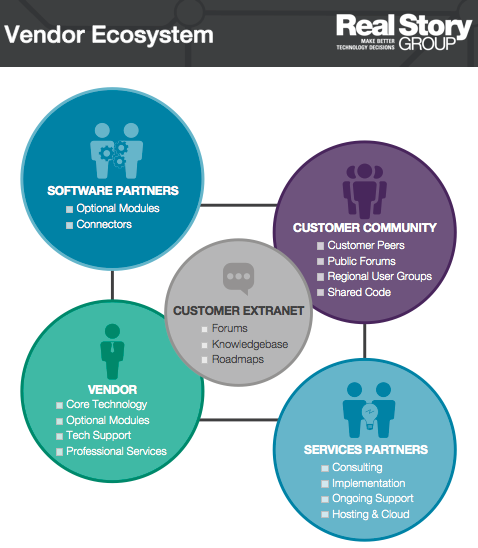Oracle goes its own way with ECM Suite 11g
Oracle has had nearly a decade of experience in the ECM world, but with little real success until the acquisition of Stellent in 2006 started to turn things around for them. Today we see the Oracle ECM Suite 11g regularly on customer shortlists for consideration in larger ECM deals.
Just as Microsoft has its own very distinctive approach and definition for ECM, so too does Oracle. In fact as time goes on, Oracle's approach to ECM is becoming more individual and distinctive.
Firstly, Oracle places ECM as a piece of the IT infrastructure (as a set of shared content services) rather than as an application. Those at Oracle who do talk about ECM in terms of an application go as far as describing Oracle ECM as a "WebLogic Application" -- referencing the heavy-duty appserver+portal that Oracle acquired via BEA.
The good news for Oracle is that this approach sets its ECM toolset quite apart from those of most other vendors, and it is a sell that can resonate well with IT folk. However, it leaves those at the business end of the equation quite cold.
Secondly, and quite distinctive to Oracle, is that they would like you to place your documents and records in a database -- their database -- rather than a file server. Traditionally this approach has presented problems in terms of performance, both in high-volume situations or dealing with large individual files. It's the same problem that many Microsoft SharePoint buyers face when storing content in SQL Server.
In this latest release though (11g), Oracle is pushing harder to make the database a suitable storage location with the advent of a new product/feature called "Secure Files." Oracle has made improvements to how it reads and writes files (improvements we detail in our Oracle ECM evaluation chapter). These improvements theoretically match the performance of writing to a file system. I say theoretically as we have not yet spoken with anyone who moved their Oracle system from a traditional set-up to the database using Secure Files. If you have done so please let us know; we would love to talk to you (in confidence of course).
Positioning ECM functionality as simply another set of services in a broad middleware-oriented infrastructure makes sense for Oracle, since middleware and infrastructure is their business. Of course as a buyer this may or not resonate with you, and frankly for many of you it will not. ECM is as much as set of processes and procedures for changing the way we work as it is a set of technologies. Oracle often comes up very short when it comes to the former, diverting important business change discussions toward speeds and feeds.
So if you are shortlisting Oracle ECM, you need to very carefully consider who will implement the system and work directly with you, since a technical success alone will account for nothing.
All that said, for the first time Oracle ECM Suite 11g can claim to compete with the likes of EMC Documentum and IBM FileNet at the high end of the transactional document management market -- if you can get their new architecture to work.
Our detailed product evaluation of Oracle ECM Suite 11g is now available to our ECM stream subscribers.







